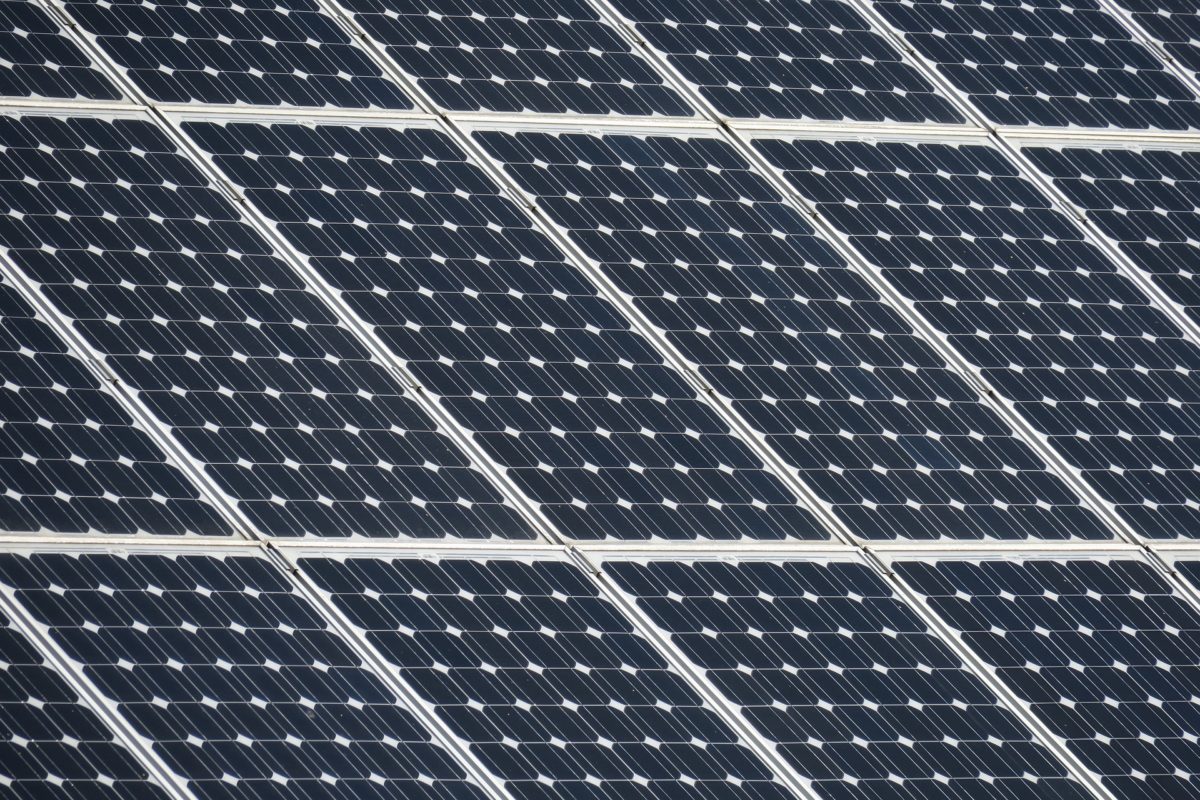Solar panel maker ARTsolar has filed a petition with the International Trade Administration Commission of South Africa, seeking customs tariffs on all imported crystalline silicon PV panels.
In the document, submitted at the end of March, the manufacturer complained there was no protection for module manufacturers in the country, as existed in the U.S. and Europe, although in the latter case trade measures were lifted last year.
“A number of photovoltaic module/panel manufacturers had ceased their production operations in the SACU region due to high competition from low-priced imports,” the petitioner wrote, in reference to the Southern African Customs Union area which also includes Botswana, Lesotho, Namibia and Eswatini.
Rising costs
Andy Pegg, CEO of the SegenSolar (Pty) Ltd South African subsidiary of U.K. solar distributor Segen Ltd, said the introduction of import tariffs could see the price of PV modules rise by 10% overnight in South Africa. “The 10% tariff will, ultimately, be passed down to the customer or installer in the form of increased product prices – which could see demand plummet and profit margins squeezed, particularly for smaller distributors,” he told pv magazine.
Pegg added, the major problem with tariffs in South Africa would be the lack of government support for the sector. For tariffs to be effective, he said, the policy and regulatory environment must support the growth and supply of the renewables sector. “For example, China has seen explosive growth in solar PV power generation due to continually adjusting its solar energy targets upward in line with demand – which increased from 10% in 2012 to 55% in 2017,” he said.
It’s all about Eskom
Pegg also highlighted the operational and financial problems of state-owned utility Eskom as a handicap to the country’s energy sector. Last month, Eskom required an emergency $355 million bailout to prevent a debt default when it was already struggling to fix crippling power shortages. Media reports claimed the utility also failed to receive ZAR7 billion ($485 million) in loan payments from the Chinese Development Bank this month.
“It seems more likely the proposed import tariffs would make it explicitly easier for the state-owned Eskom to keep its monopoly on energy supply in South Africa,” Pegg said.
Chris Ahlfeldt, energy specialist at Blue Horizon Energy Consulting Services, said tariffs would probably have a net negative impact on jobs for the domestic solar industry, adding they would slow down customer adoption through higher prices. “Solar PV installers create many more local jobs than the manufacturing industry globally, so the focus should be on accelerating growth in the industry as a whole to create jobs and not slowing it down with tariffs,” he said to pv magazine.
‘Incentives, not penalties’
According to Ahlfeldt, the best way to incentivize localization of industry is by creating stable demand. Rather than introducing tariffs, he said, the government should focus on enabling regulations for the industry and more regular procurement for utility scale projects. “South Africa’s REIPPPP [Renewable Energy Independent Power Producer Program] already has localization requirements but delays in the program contributed to closure of most of the local module assembly capacity over the past few years, from companies like Solairedirect, SunPower and Jinko Solar,” he said.
Alfehldt added South Africa is part of the World Trade Organization, so new tariffs could result in trade law violations as they have in other countries.
The South African government was expected to launch a new 1.8 GW REIPPP round last year but Eskom’s troubles may have stymied that plan. Early this year, president Cyril Ramaphosa announced a plan to rescue Eskom by splitting it into three units. Consultants Frost & Sullivan said that move could encourage renewables even if it is not enough to fully address the utility’s financial crisis.
Eskom’s debt pile stood at around ZAR419.2 billion at the end of September, according to its financial results. The utility is the only buyer of the power generated under the REIPPP and its lack of funds pushed it to delay the signing of several PPAs awarded in rounds 3.5 and four of the program.
This content is protected by copyright and may not be reused. If you want to cooperate with us and would like to reuse some of our content, please contact: editors@pv-magazine.com.




PV technology is improving continuously. As such it is not in the interests of South African manufacturers or consumers to be locked into any level of technology through tariffs. Invariably when tariffs are imposed all local consumers are punished by higher costs and technology that is increasingly outdated and of lower efficiency. The local manufacturers never keep up to the newer technology and then seek higher and higher tariffs to compensate. Finally, tariffs provide an unjustified tax to the government. Tariffs always skew the market, provide unjustified profit to those seeking the tariff and cost the consumer. Private, business, community and municipalities plus Eskom should all be allowed to buy and use PV panels from an open market. Only this will benefit the country as a whole.
We are suffering from the highest tax tariff imposed on solar equipments. We will begin a motion or start a petition to instruct our government to lift the tax on the solar items. In addition, we will strive telling our government to put quality standards in place to monitor the qualities of solar panels, batteries and equipments such as inverters and charge controllers.
It would be good for SA if ATR expands but one manufacture can not meet the whole nation’s demand. They are not loosing out to imports on price only, even their service is poor. It took me up to two week to get a quotation for 1 panel.
They should market themselves more and they should engage in more renewable energy projects so that they can boost their brand.
On Alibaba it took them few hours to design me a system and quot me for the components needed for that system, so ATR need to act on their side and keep up with the competition not just make solar expensive for nothing.